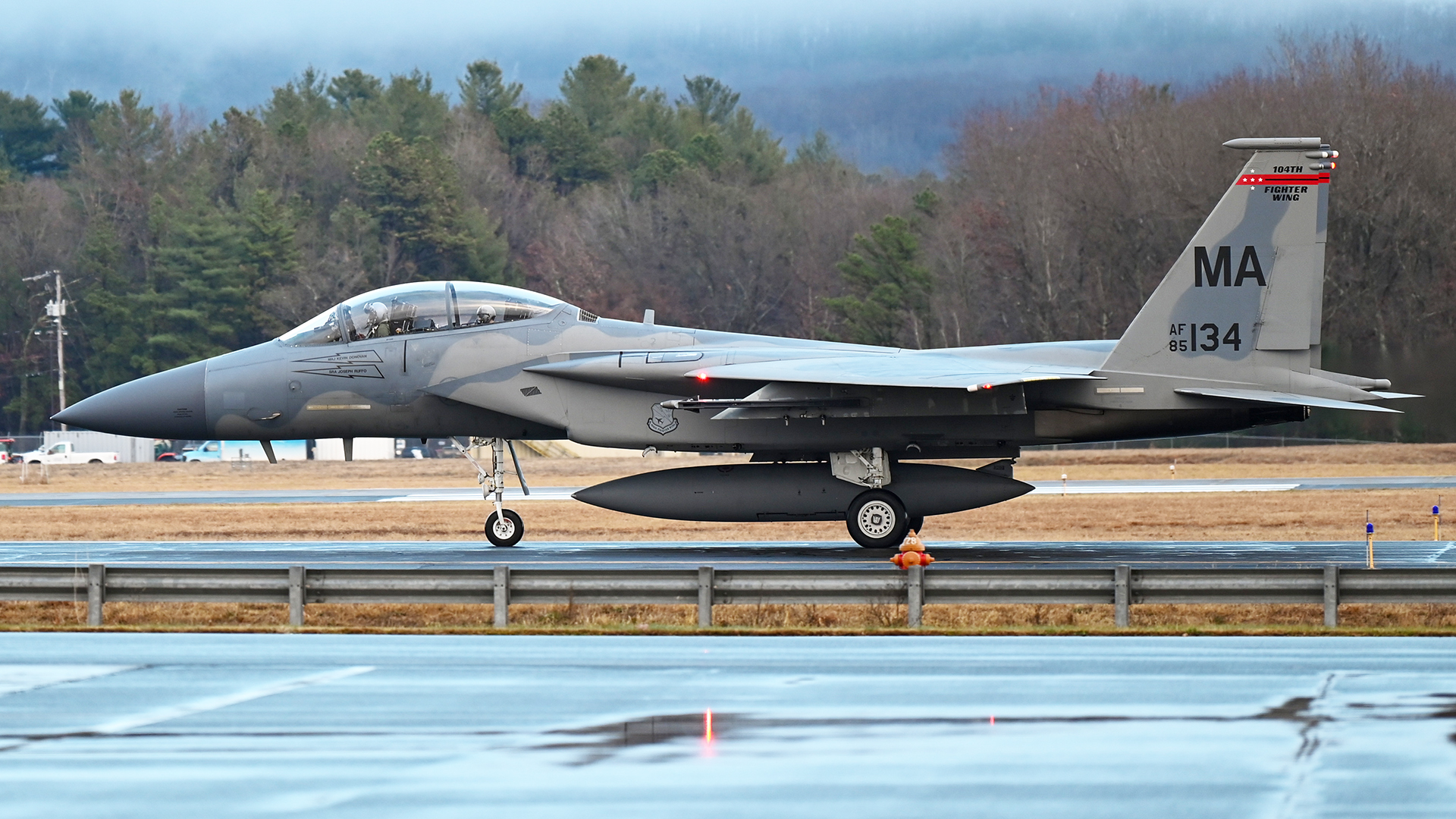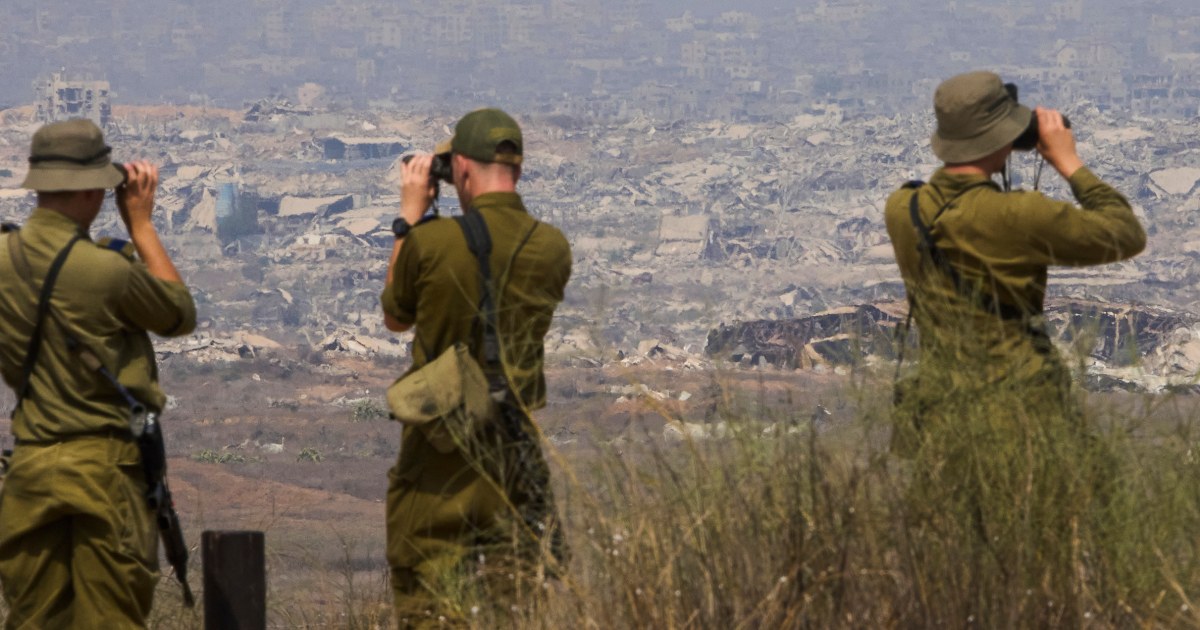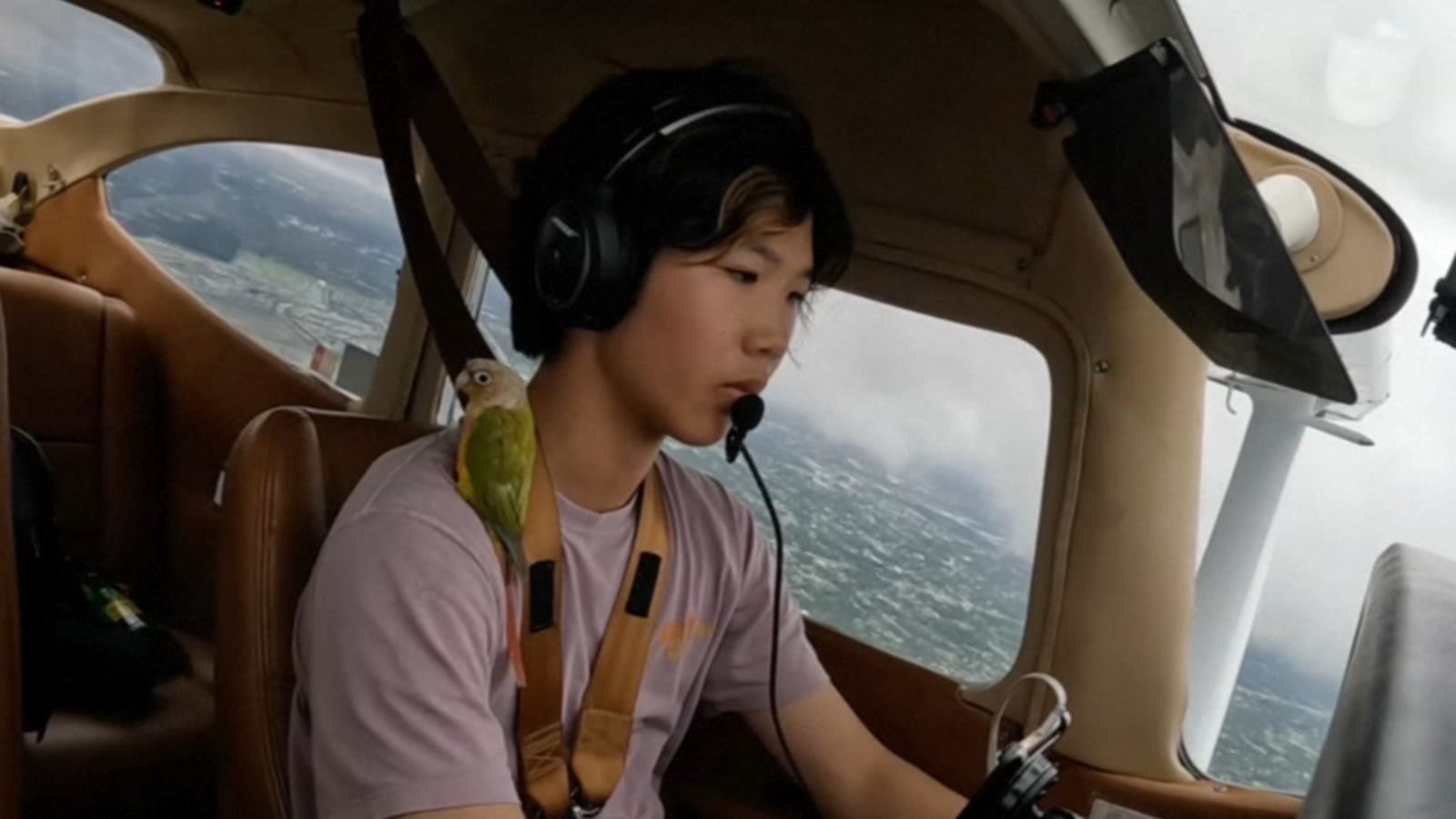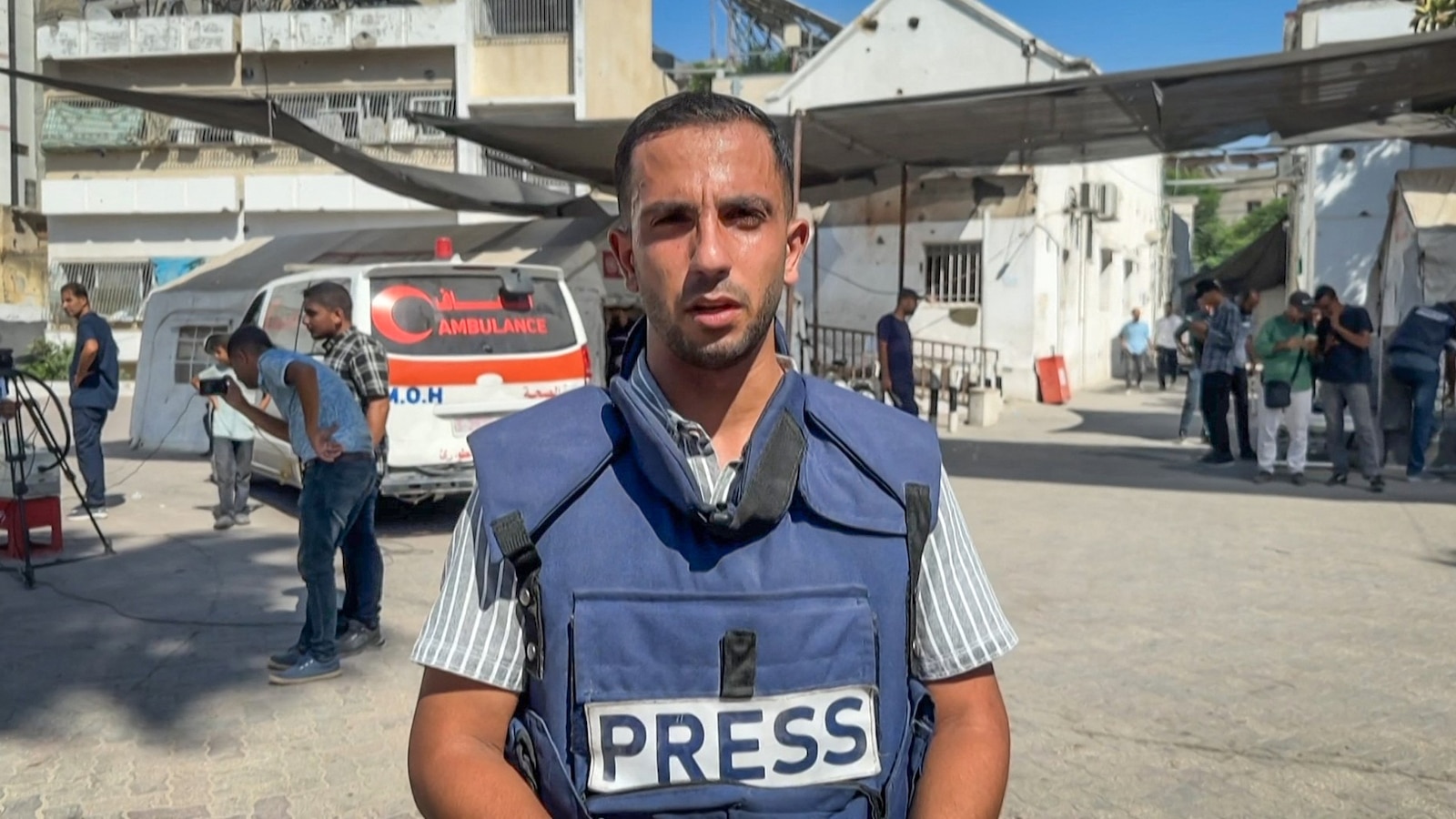Israeli Strike Leads to Complete Destruction of Sanaa Airport Amid Ongoing Conflict

The situation in Yemen has escalated dramatically following an Israeli airstrike that completely destroyed Sanaa airport, the capital controlled by the Iran-aligned Houthi rebels. This strike occurred on Tuesday, marking a significant development in the ongoing conflict that has seen regional tensions rise sharply in recent weeks.
According to airport officials, the Israeli warplanes targeted the facility in retaliation for a missile attack launched by Houthi forces, which aimed at Israel’s main international airport. The Houthi rebels have been vocal about their support for the Palestinian cause amid the current Gaza war, and they have significantly intensified their military actions against Israel since the conflict reignited in October 2023.
Residents in Sanaa reported widespread power outages following the airstrikes, which also knocked out power stations in the nearby port city of Hodeida. Houthi authorities indicated that the strikes specifically targeted three power generation facilities within and around the capital, compounding the humanitarian challenges already faced by the Yemeni population.
Israel's military confirmed that the Sanaa airport had been rendered completely inoperable due to the extensive damage inflicted on its runways and aircraft. Fortunately, no immediate casualties have been reported from this specific attack, but the wider implications of such military actions raise serious concerns.
The Houthis have made it clear that they will retaliate for what they describe as an act of aggression. A spokesperson for the group stated, “This aggression will not pass without a response, and Yemen will not be discouraged from its stance in support of Gaza.” This rhetoric underscores the Houthis' commitment to align their military actions with the Palestinian struggle, further complicating regional dynamics.
Since the onset of the Gaza conflict, which has seen widespread violence, the Houthis have escalated their military operations, including missile launches targeting Israel and maritime threats in the Red Sea trade route. Their latest military efforts are viewed as a solidarity movement for Palestinians, reinforcing their position as a significant player in the regional conflict.
Israel's response to the Houthi missile that breached the perimeter of Ben Gurion International Airport on Sunday was swift and aggressive. This missile strike left a substantial crater at Israel's main gateway, injuring six individuals and prompting a series of retaliatory strikes by the Israeli military. Initial airstrikes targeted various sites, including a cement factory and other locations in Hodeida, resulting in additional casualties with reports indicating four fatalities and 35 injuries from the Israeli strikes.
As tensions continue to mount, the international community is watching closely to see how this conflict evolves and whether this latest escalation could lead to a broader confrontation in the already volatile Middle East.




























